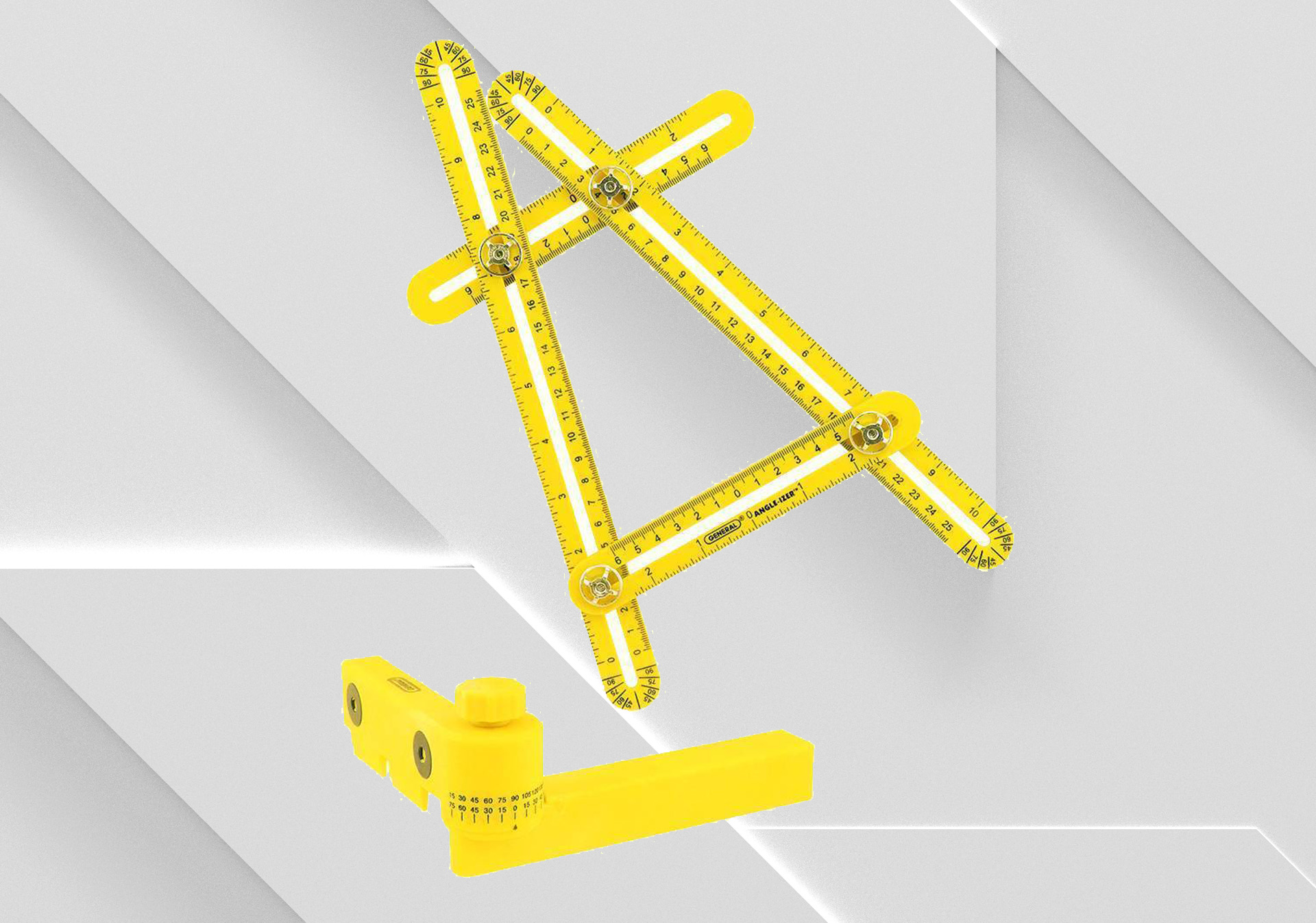Dawn Takeuchi Apuna took over as director of the City & County of Honolulu’s Department of Planning & Permitting (DPP) in December 2022 after serving as acting director since September.
Apuna, who has a background in urban planning and law, previously served as a Hawai‘i deputy attorney general and chief planner for the Hawai‘i Public Housing Authority.
She steps into her new role during a crucial time for the city, as DPP continues to face significant challenges, including staffing shortages, operational inefficiencies and an extreme backlog in permit processing.
Recent changes include a major overhaul to modernize operations, including the implementation of a comprehensive digital permitting platform, and AI-based software for plan reviews to streamline the process, reduce overall permitting times and improve customer service.
QUESTION: Can you provide a brief overview of the new technology initiatives being implemented at the Department of Planning & Permitting?
ANSWER: Clariti, an 18-month implementation, will replace our current POSSE system as our new permitting software. ProjectDox, which includes moving from on-premises to [the] cloud, a 6-month implementation, will greatly streamline the electronic plans system, seamlessly integrate with Clariti and provide greater transparency of permit applications. CivCheck, a six-month pilot project, will provide guided code review for the building permit review process.
Q: What challenges are you facing in ensuring these systems work together?
A: We are in the initial stages of implementation for all three systems and … are having those discussions to design the most effective and efficient integrated overall system. Many DPP staff are a big part of this process and are extremely valuable to [its] optimization.
Q: How do these new technologies reduce the time it takes to approve permits? Are there any changes you want to highlight?
A: POSSE was implemented back in 1998. Clariti will streamline current processes and provide the automation we expect with today’s technology.
Construction professionals and applicants will benefit … by only having to input certain information once with auto-populate capabilities throughout the process. The system will [also] provide detailed information on permit status to the public, which will free up staff time to focus on the permit reviews.
We’ve already seen a dramatic improvement as a result of our implementation of AI in the prescreen review. Last year … we were able to eliminate 3,600 applications that were stuck in our prescreen queue and reduce the wait-time from six months to just a few days.
CivCheck uses AI in the code review phase to guide the applicant in the proper design of their projects. This is a game-changer because it educates the applicant so that they don’t make the same mistakes over and over again.
Q: How will permit applicants be able to track their permits in real-time, and what kind of updates or alerts will they receive throughout the process?
A: With the new ProjectDox system, applicants can add project team members, landowners and interested parties to allow them to view permit status and comments online. They will be able to check where a permit is in the process.
Q: How much did these technological upgrades cost?
A: The total cost is just under $6 million, all paid with federal fiscal recovery funds (FRF), so no city funds are being expended.
Q: What are your plans to ensure DPP staff are fully trained to operate the new software?
A: DPP is developing a learning and development program to provide standardized and robust training for staff across the board.
Major required components of the Clariti and ProjectDox contracts are staff training, and CivCheck is currently working on internal beta testing, in which staff are becoming intimately familiar with the guided platform review. We’ve [also] begun creating standard operating procedures that will help to establish proper use of the technology.
There will also be training for construction professionals, which we will provide public announcements on as the projects progress.
Q: How will DPP measure the success of these new technologies and procedures?
A: We have goals to reduce the residential code review to 2 to 3 weeks in a year’s time, and less than 6 months for commercial code review, in 18 months. These technologies, along with investments in our people and streamlining of our processes, will help us achieve those goals.
Q: Will the involvement of third-party International Code Council (ICC) code reviewers impact the updated permitting process?
A: The ICC code reviewer selected to assist DPP will supplement our code reviewers to add capacity to bring down the backlog. Reviewers will basically act as additional staff within DPP, so there should be minimal change for construction firms, other than more reviewers will be on board to review their projects.
Q: What were the biggest hurdles you encountered during the implementation of these new systems, and how were they addressed? What lessons did you learn?
A: The timing of these major projects being implemented all at the same time has been the biggest challenge because staff, who are integral to the implementations of each, are being pulled from their daily work to help develop the systems.
For this reason, we are extremely appreciative of our staff who are battling through this challenging time and want the public to know that there will be slowdowns in permitting as the implementations are occurring. But we should all focus on the light at the end of the tunnel.
The federal funding for these projects is one reason these projects are scheduled simultaneously, but we see it as an opportunity to optimally integrate all three systems, and to quickly as possible improve our systems for the public.
Q: Have you received any feedback since implementing the new systems?
A: Before the implementations began, we met with various industry representatives and groups to share the upcoming changes. So far, the industry seems excited that DPP is taking huge steps toward fundamentally improving the permitting process.
Q: Is there any advice you would give to other organizations looking to implement similar technological upgrades?
A: Work with your staff, do your homework to find the system that works best for you. Our selection of Clariti came after months of research and deliberations by our in-house tech staff.
Q: How do you anticipate the new permitting technologies will impact the local building economy, particularly when it comes to time savings and reduced administrative overhead?
A: The biggest criticism we receive from the public is the excessive time it takes to get a permit, and not knowing how long it will take in order to schedule the project out. Faster, more transparent permit processing will create a more predictable and healthy construction industry.
Q: What is your vision for how the DPP will continue to evolve its services to support the construction industry?
A: We continue to seek out ways technology can optimize our services. But paramount to any technology is our investment in our people, who will use these technologies as powerful tools to greatly improve our services to the public and in support of the construction industry.




